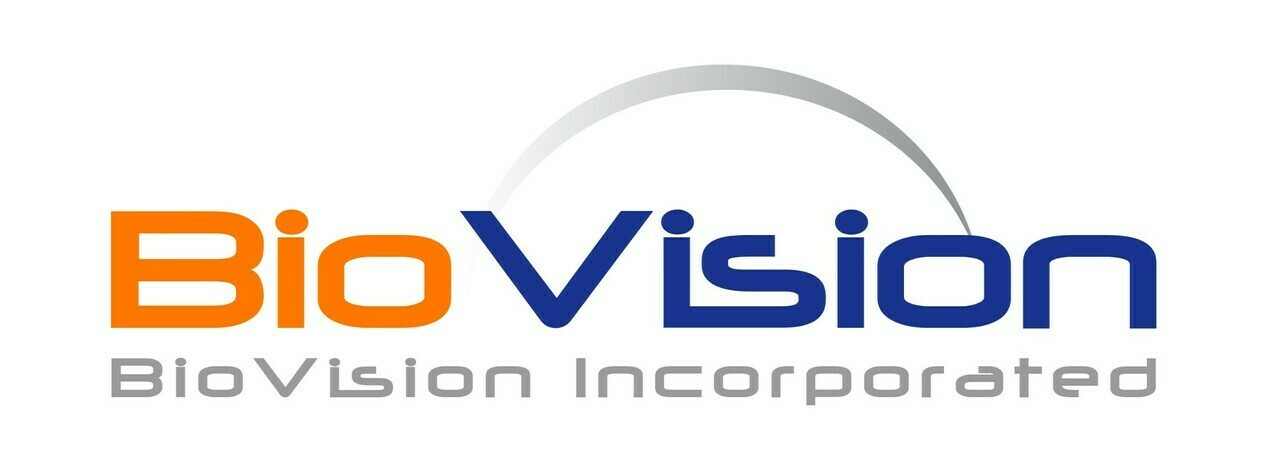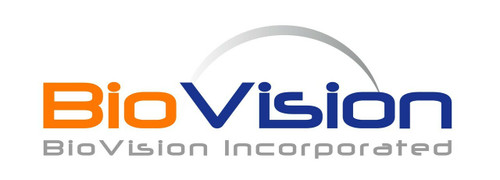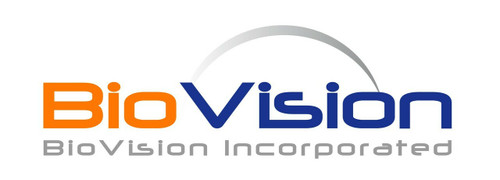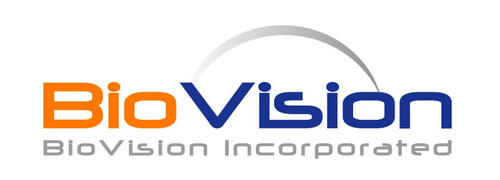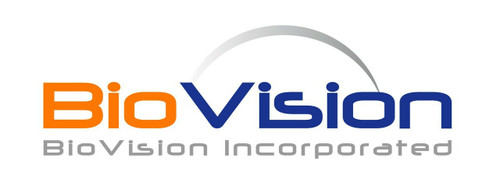Product Description
Glypican 2 (GPC2), also known cerebroglycan, is a glycophosphatidylinositol-linked integral membrane heparan sulfate proteoglycan found in the developing nervous system. Cerebroglycan participates in cell adhesion and is thought to regulate the growth and guidance of axons. Cerebroglycan has especially high affinity for laminin-1. GPC2 silencing inactivates Wnt/β-catenin signaling and reduces the expression of N-Myc, an oncogenic driver of neuroblastoma tumorigenesis. Immunotoxins and chimeric antigen receptor (CAR) T cells targeting GPC2 inhibit neuroblastoma growth in mouse models. A GPC3 specific antibody drug conjugate (ADC) can also inhibit neuroblastoma cell proliferation.
Biovision | P1488 | Human CellExp™ Glypican 2 / GPC2, Mouse Recombinant DataSheet
Biomolecule/Target :
Synonyms: Glypican 2, GPC2
Alternates names: Glypican 2, GPC2
Taglines: Cell surface proteoglycan that bears heparan sulfate.
NCBI Gene ID #: 71951
NCBI Gene Symbol: Gpc2
Gene Source: Mouse
Accession #: Q8BKV1
Recombinant: True
Source: HEK 293 cells
Purity by SDS-PAGE: >95%
Assay:
Purity:
Assay #2:
Endotoxin Level: Less than 1.0 EU per ug by the LAL method.
Activity (Specifications/test method): Immobilized Recombinant Human Midkine Protein, CF at 2 ug/mL (100 uL/well) can bind Mouse Glypican 2, His Tag with a linear range of 2-13 ng/mL
Biological activity:
Results:
Binding Capacity:
Unit Definition:
Molecular Weight: This protein carries a polyhistidine tag at the C-terminus. The protein has a calculated MW of 60.6 kDa. The protein migrates as 35-40 kDa under reducing (R) condition (SDS-PAGE).
Concentration:
Appearance: Lyophilized powder
Physical form description: Lyophilized
Reconstitution Instructions: Reconstitute in sterile deionized water to the desired protein concentration.
Amino acid sequence: AA His 22 - Ser 556
Handling: Centrifuge the vial prior to opening.
Usage: For Research Use Only! Not to be used in humans
 Euro
Euro
 USD
USD
 British Pound
British Pound
 NULL
NULL

